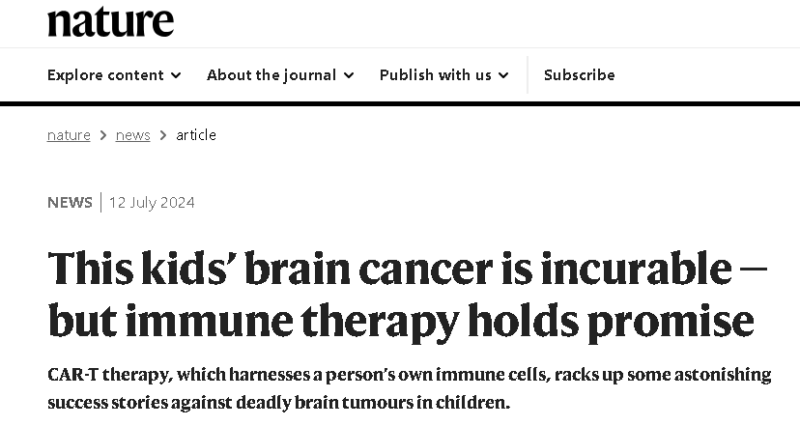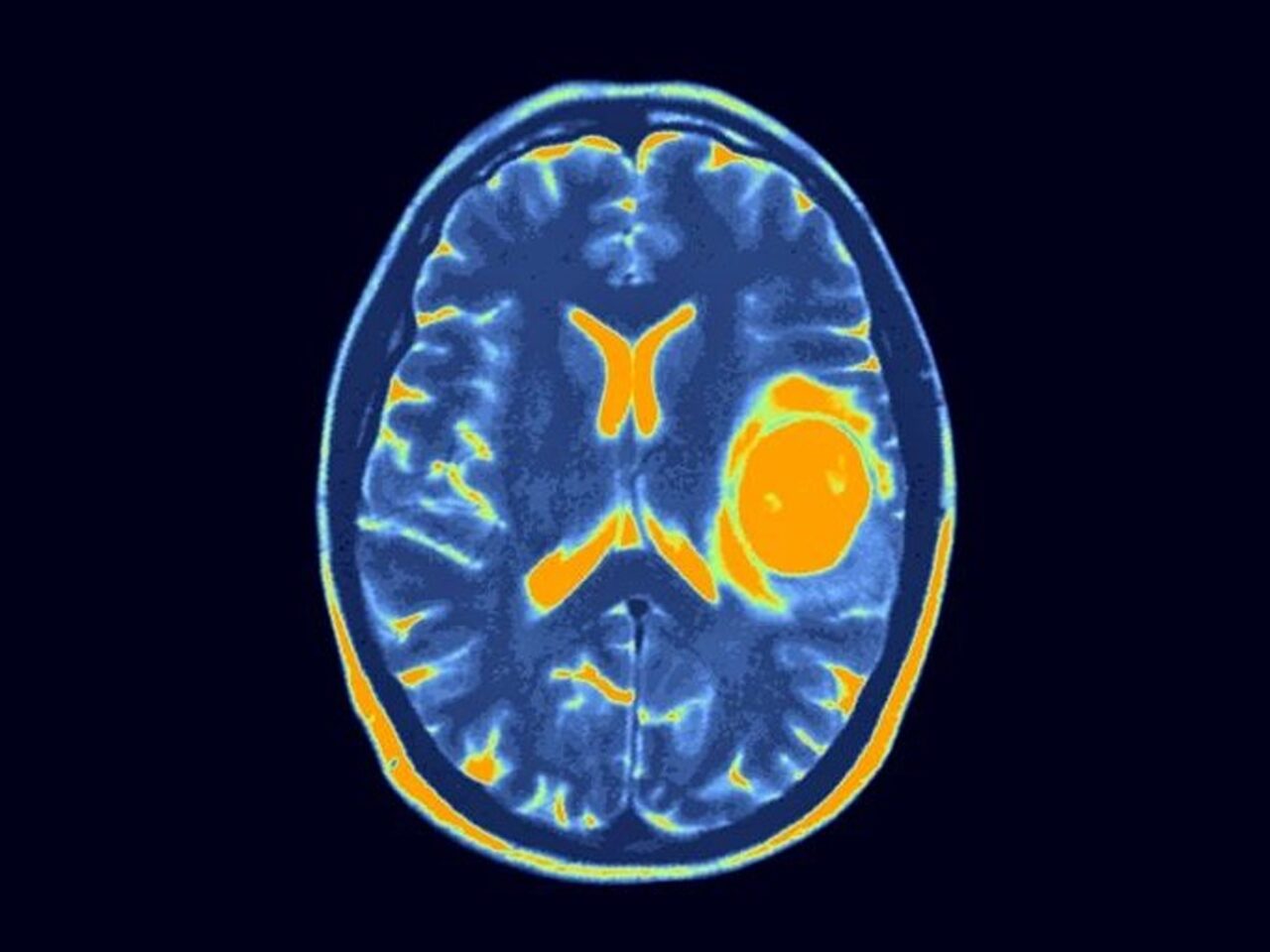Hung Trinh, Senior Director of Business Development at OBiO Tech, shared a post on LinkedIn about a recent article by Heidi Ledford, published in Nature, commenting:
“This kids’ brain cancer is incurable — but immune therapy holds promise.
CAR-T therapy, which harnesses a person’s own immune cells, racks up some astonishing success stories against deadly brain tumours in children.
Every two weeks at Seattle Children’s Hospital in Washington, a five-year-old child stops by for a fresh dose of genetically engineered immune cells administered directly into the fluid around their brain.
The child has been making these visits for more than three years, after they were diagnosed with a devastating form of brain and spinal cancer called diffuse midline glioma that has no known cure. But the treatment, called CAR-T-cell therapy, seems to have shrunk their tumour and kept it in check.
At 70 treatments and counting, this five-year-old might have received more doses of CAR-T-cell therapy than anyone else on the planet.
His oncologist, Nicholas Vitanza, lights up whenever he talks about the results. Still, Vitanza is keenly aware that the child’s response is unusual. Although several children in Vitanza’s clinical trial might also have benefited from the CAR-T-cell regimen, most responses were not as dramatic or long-lasting as the five-year-old’s.
Now, the question that keeps Vitanza and others in his field up at night is: how can they make that success less of an outlier?
At the International Symposium on Pediatric Neuro-Oncology in Philadelphia, Pennsylvania, which ended earlier this month, Vitanza and other researchers presented tantalizing early clinical-trial results that suggested CAR T cells could be effective treatments for deadly central-nervous-system cancers in children.
The trials were designed to test the therapy’s safety rather than its effectiveness, and larger trials are needed to know for sure whether the treatments are beneficial.
In the meantime, researchers are eager to find ways to tweak their approach to maximize its reach. ‘We’re seeing a glimpse of a signal’ that the approach could work, says Jasia Mahdi, a paediatric neurologist at Texas Children’s Hospital in Houston. ‘Our task now is to figure out how we expand on that.’ ”
Yan Leyfman, Internal Medicine and Clinical Researcher at Icahn School of Medicine at Mount Sinai, shared this post, adding:
“Promising innovations in cell therapy give hope to those with brain cancer.”
“This kids’ brain cancer is incurable — but immune therapy holds promise”
Author: Heidi Ledford

Sources: Hung Trinh/LinkedIn and Yan Leyfman/LinkedIn


